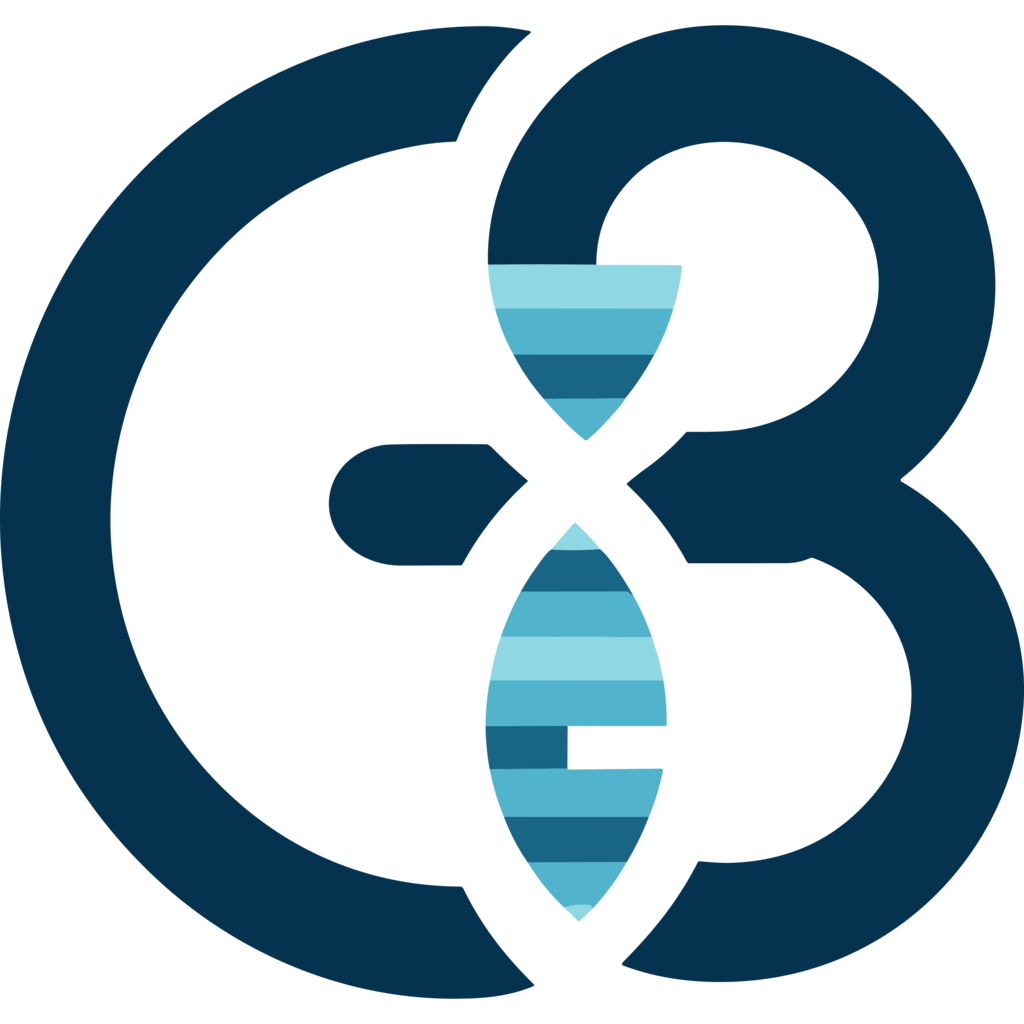About
Welcome to GeneBe — the innovative platform dedicated to genetic variant interpretation.
What makes GeneBe special:
- One of the best ACMG automatic criteria implementations available
- Easy-to-use HGVS converter and LiftOver available via API and a website
- Fast and useful API with a Pandas client for annotating variants in Python and a Java client for VCF file annotation
We understand that our beta version may not be perfect and may have some bugs. That's why we encourage you to give us your honest feedback about your experience using GeneBe. Please take a moment to complete our feedback form and share your ideas, suggestions, and concerns.
Thank you for choosing GeneBe, and we hope that you find our platform both useful and informative.
Frequently Asked Questions
What is GeneBe, and how do you pronounce it?
GeneBe is a platform that aims to solve the problem of genetic variant annotationu and interpretaion. It is pronounced as "gene bee" (/dʒiːnbiː/).
I want to learn more about the GeneBe Pathogenicity Calculator.
Find more information about our ACMG implementation here: Variant Pathogenicity Calculator
What are the data sources used by GeneBe?
We collect data from various sources. You can find a list of these sources on our data sources page
Is GeneBe for diagnostic purposes?
No, GeneBe is solely for research purposes. We do not provide any medical advice, diagnosis, or treatment. Please consult your healthcare provider for any medical concerns or questions.
What version of GeneBe is currently available?
GeneBe is currently in its beta version. It is a work in progress, and we are continually improving and updating it.
How can I provide feedback about GeneBe?
We value your feedback and suggestions. Please complete our feedback form to share your thoughts and experiences with us.
What is GeneBe's policy on privacy?
At GeneBe, we take the privacy and security of our users' information seriously. We do not share any data with third-party user tracking frameworks such as Google Analytics. All user queries and visited pages are private.
We follow strict protocols to securely store and protect all data. We do not sell or share any personal information with third parties for any purposes.
Does GeneBe store or track the queries made via the API?
No, we do not store any queries made through our API. This means that we do not retain information about which variants you checked or when you made the request using either POST or GET methods through the API, such as those described on our API documentation page. We only count number of queries made per day for the purpose of fair resources usage, as described in the Rate limits section.
Additionally, we do not use any tracking scripts from third-party organizations, such as Google Analytics, so no external entities have access to your data. When annotating variants through variant annotation API POST and GET endpoints , we do not make external calls to services like Ensembl, ensuring your data remains entirely private and secure.
Authors
Implementation and development
Piotr Stawiński , PhD, Department of Medical Genetics, Medical University of Warsaw.
Scientific Council
- Prof. Rafał Płoski, PhD, Department of Medical Genetics, Medical University of Warsaw.
- Elżbieta Ciara, PhD, Laboratory of Molecular Genetics, The Children's Memorial Health Institute.
- Izabela Chojnicka, PhD, Faculty of Psychology, Warsaw University.
If you want to contact us, use the Feedback form.
Citations
If you use GeneBe automatic ACMG criteria implementation, please cite:
Stawiński P, Płoski R. Genebe.net: Implementation and validation of an automatic ACMG variant pathogenicity criteria assignment. Clinical Genetics. 2024; 1-8. doi:10.1111/cge.14516
For presentation purposes, you may want to use the GeneBe logo. You can find it in the following sizes: very small (48px), medium (1024px), or large (4096px).

System status
Check our current and historic website status here. We strive to be available 24/7 for your convenience.
{
"zgm": false,
"prod": true,
"v": {
"version": "0.0.0",
"revision": "ec25426",
"branch": "master"
}
}